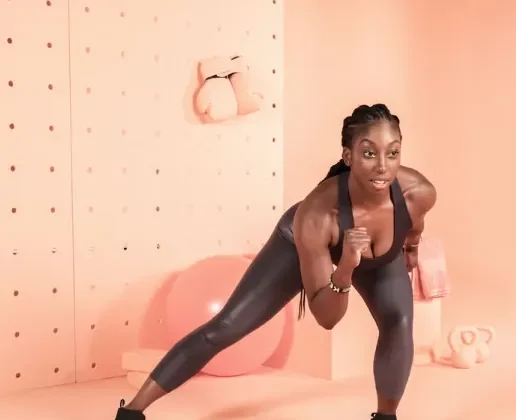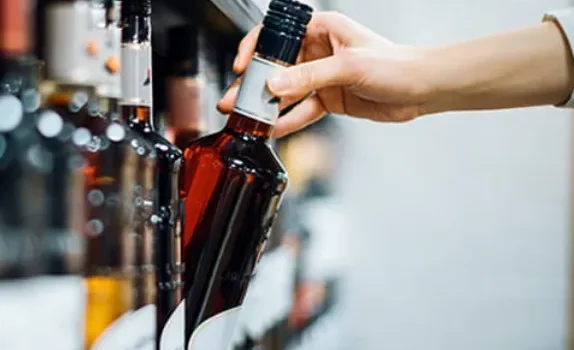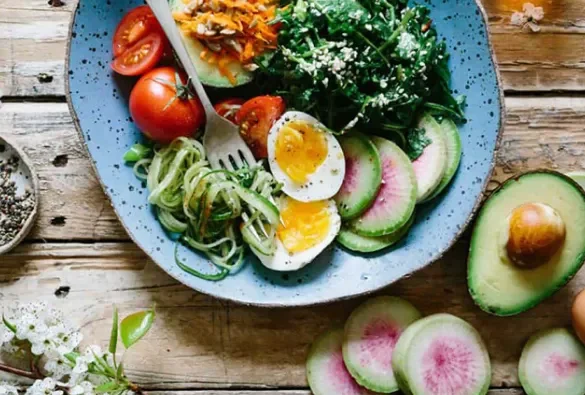Maintaining healthy blood pressure is crucial for reducing the risk of heart disease, stroke, and other serious conditions. If you enjoy a drink now and then, you might be wondering how alcohol affects your blood pressure and whether cutting back could lead to improvements. Here’s a look at how alcohol impacts hypertension and how adjusting your drinking habits can lead to better health.
How Alcohol Impacts Blood Pressure
Drinking alcohol can raise your blood pressure in several ways. Here’s how it affects your body:
- Increases Stress Hormones: Alcohol triggers the release of stress hormones like adrenaline and cortisol, which can disrupt the body’s ability to regulate blood pressure.
- Affects Kidney Function: Alcohol can interfere with kidney function and hormone balance, leading to fluid retention and constriction of blood vessels.
- Disrupts Mineral Balance: Alcohol depletes essential minerals like magnesium and calcium, which are vital for keeping blood vessels relaxed and healthy.
- Impairs Sleep: While alcohol may help you fall asleep, it often disrupts deep and restorative sleep, which can contribute to higher blood pressure over time.
- Leads to Weight Gain: Alcohol adds empty calories to your diet, promoting weight gain, which in turn can increase blood pressure.
Even moderate alcohol consumption can cause temporary spikes in blood pressure, and regular heavy drinking can have long-term negative effects on heart health. However, reducing alcohol intake can significantly improve blood pressure numbers. For instance, heavy drinkers who cut back to moderate levels can lower their diastolic pressure by about 4 mm Hg and systolic pressure by around 5.5 mm Hg.
Why Your Drinking Patterns Matter
It’s not just how much alcohol you drink, but how often and how quickly you drink that impacts your blood pressure. Drinking patterns play a key role in blood pressure fluctuations.
- Moderate Drinking: This refers to up to one drink per day for women and up to two drinks per day for men. This type of drinking generally causes minimal changes in blood pressure.
- Binge Drinking: This is when you consume four or more drinks within two hours for women and five or more for men. Binge drinking causes rapid spikes in blood alcohol levels, which puts stress on your blood vessels.
- Heavy Drinking: Drinking more than three drinks per day (seven per week) for women or four drinks per day (14 per week) for men is considered heavy drinking. This consistently high intake can severely damage cardiovascular health over time.
The key takeaway is that cutting back isn’t just about reducing the total amount you drink but also slowing down the pace of consumption and opting for moderate habits.
Tips for Reducing Alcohol Consumption
If you’re looking to reduce your alcohol intake and improve your blood pressure, here are some practical tips:
- Stay Hydrated
Drinking water or herbal teas throughout the day can help reduce your alcohol consumption. Staying hydrated also supports detoxification and can reduce bloating associated with drinking. - Limit Your Drinking Days
Instead of cutting out alcohol completely, try setting limits by allowing yourself to drink on just one or two days per week. Avoid drinking every night to prevent long-term health risks. - Eat Before You Drink
Having a well-balanced meal with healthy fats, protein, and fiber before drinking helps slow alcohol absorption, allowing you to drink more mindfully and in moderation. - Track Your Progress
Set clear goals for reducing alcohol intake, such as cutting your drinking days in half. Use a tracking app or physical journal to monitor your success and stay motivated. - Use a Drink Tracker
Carry a pocket-sized drink tracker card to discreetly keep track of your alcohol consumption during social events. This simple tool can help you stay accountable and avoid overindulging. - Find New Hobbies
Explore new activities that don’t involve drinking. Whether it’s joining a fitness group, volunteering, or starting a book club, finding enjoyable alcohol-free hobbies can reduce the temptation to drink out of habit. - Sip Mocktails or Dilute Your Drinks
If you’re at a social event, try a refreshing mocktail made with sparkling water and fruit juice, or ask the bartender to prepare a “virgin” version of your favorite cocktail. Adding ice or soda water to alcoholic drinks can also help slow your pace and reduce alcohol consumption. - Consult Your Doctor
If you have high blood pressure or other health issues related to alcohol, talk to your doctor about the best drinking limits for you. If alcohol abuse is a concern, they can provide resources or referrals for treatment programs.
Final Thoughts
Cutting back on alcohol is one of the most effective ways to improve blood pressure and reduce the risk of heart disease. By making mindful changes to your drinking habits, you can see significant improvements in your heart health. Start by staying hydrated, limiting your drinking days, and tracking your progress to create healthier habits that last.











